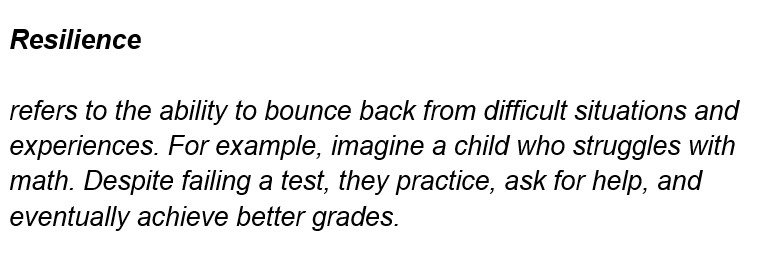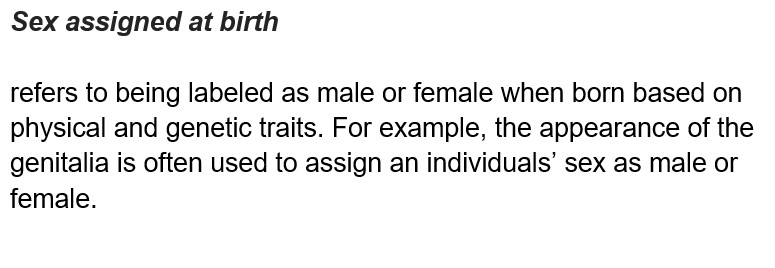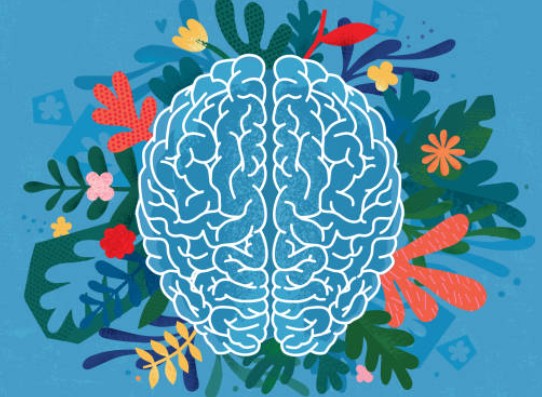HOME
In recent years, Canadian society has become more interested in childhood gender diversity and in its relation to Canadian children’s mental health. While there is still much to be learned about this topic, researchers are beginning to shed important insights and address common misconceptions. This website will guide you through some key aspects, including the prevalence of childhood gender diversity, its relation to mental health, the influences of peers and parents on gender-diverse children’s well-being, and ways to foster greater understanding and support for gender-diverse children. The hope goal of this website is to is that with this resource, it can help educate the public, spread awareness, and lead to better practices.
“Supporting gender-diverse children in their identity is crucial for their mental health and well-being. Affirmation from family, peers, and society can significantly reduce the risk of mental health issues.”
~Harvard T.H. Chan School of Public Health
Definitions




Resources
PFLAG provides vital support and resources for gender-diverse youth and their families, fostering understanding and acceptance. Through educational programs and advocacy, it helps create safe, affirming environments where these young individuals can thrive and be celebrated.
CMHA provides comprehensive information on mental health services for gender-diverse and sexual-minority youth, emphasizing the importance of family and community support. It aims to connect youth, caregivers, and service providers with inclusive programs and supports that foster well-being and acceptance.
SPECTRUM offers vital support for gender-diverse youth mainly in Ontario through peer support groups, mental health counseling, and educational resources. It creates inclusive spaces where youth can connect, learn, and thrive in affirming environments.
THE COUNSELLING SPACE provides compassionate support for gender-diverse youth, emphasizing empathy and understanding. Through resources and strategies, it helps create affirming environments that foster well-being and acceptance for these young individuals.
LGBT YOUTH RESOURCES provide essential tools and best practices to support gender-diverse youth in schools. These resources aim to foster safe, inclusive environments by promoting privacy, anti-bullying efforts, and access to facilities aligned with students’ gender identities.
KELTY MENTAL HEALTH offers valuable support for gender-diverse youth, focusing on mental health and wellness. Through resources, programs, and community connections, it fosters understanding and creates affirming spaces for these young individuals. CAMH in Ontario and Jeunesse lambda in Quebec provide similar services.
Sources
MacMullin, L. N., Aitken, M., Nabbijohn, A. N., & VanderLaan, D. P. (2020). Self-Harm and Suicidality in Gender-Nonconforming Children: A Canadian Community-Based Parent-Report Study. Psychology of Sexual Orientation and Gender Diversity, 7(1), 76–90. https://doi.org/10.1037/sgd0000353
MacMullin, L. N., Bokeloh, L. M., Nabbijohn, A. N., Santarossa, A., van der Miesen, A. I. R., Peragine, D. E., & VanderLaan, D. P. (2021). Examining the Relation Between Gender Nonconformity and Psychological Well-Being in Children: The Roles of Peers and Parents. Archives of Sexual Behavior, 50(3), 823–841. https://doi.org/10.1007/s10508-020-01832-6
Santarossa, A., Nabbijohn, A. N., van der Miesen, A. I. R., Peragine, D. E., & VanderLaan, D. P. (2019). Separation Anxiety and Gender Variance in a Community Sample of Children. European Child & Adolescent Psychiatry, 28(12), 1629–1643. https://doi.org/10.1007/s00787-019-01319-3
van der Miesen, A. I. R., Nabbijohn, A. N., Santarossa, A., & VanderLaan, D. P. (2018). Behavioral and Emotional Problems in Gender-Nonconforming Children: A Canadian Community-Based Study. Journal of the American Academy of Child and Adolescent Psychiatry, 57(7), 491–499. https://doi.org/10.1016/j.jaac.2018.03.015
Wong, W. I., van der Miesen, A. I. R., Li, T. G. F., MacMullin, L. N., & VanderLaan, D. P. (2019). Childhood Social Gender Transition and Psychosocial Well-Being: A Comparison to Cisgender Gender-Variant Children. Clinical Practice in Pediatric Psychology, 7(3), 241–253. https://doi.org/10.1037/cpp0000295



